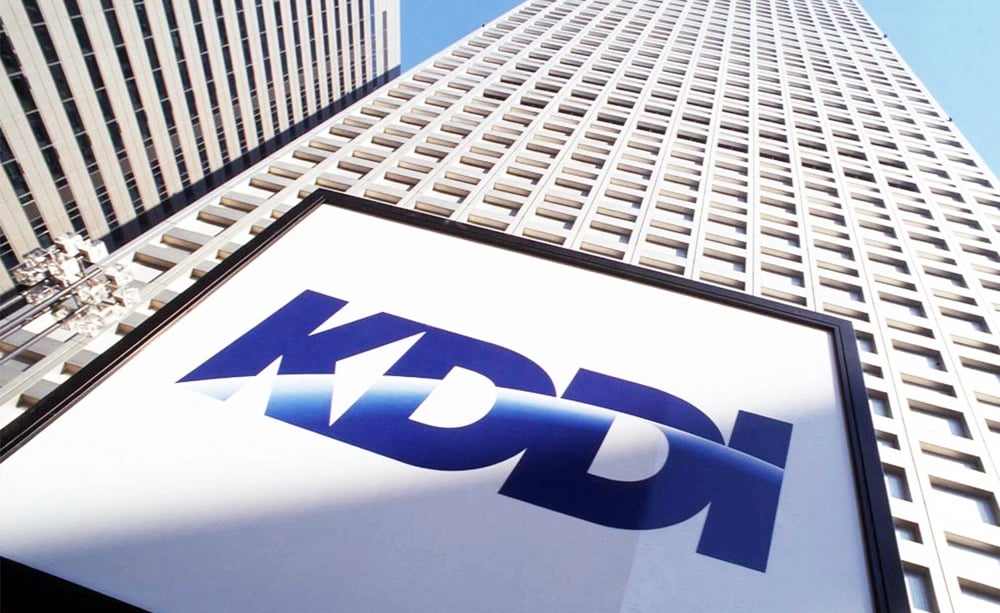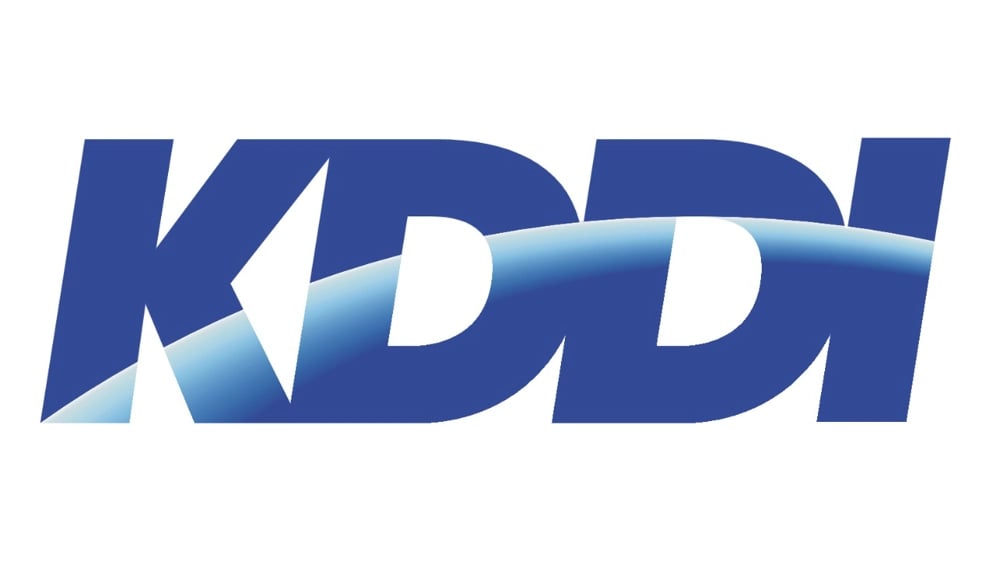Strategic Moves by KDDI: Share Buybacks and Changes in Japan's Economic Landscape
KDDI Corporation $KDDIY, the second-largest telecommunications company in Japan, recently announced a significant share buyback program valued at 400 billion yen (approximately $2.7 billion). This move not only highlights the company's confidence in its future prospects but also puts shares from major Japanese firms like Toyota Motor Corp. $TM and Kyocera Corp. $6971.T up for sale.
What Drives KDDI's Decision
In recent years, there has been an increasing trend in large Japanese companies acquiring stakes in one another. Historically, owning shares in partner companies was seen as a means to foster collaboration and mutual support. However, this practice is now attracting scrutiny from regulators striving to enhance transparency for minority shareholders.
Goals and Motivations Behind the Buyback
Enhancing Financial Metrics: Share buybacks can improve a company’s financial performance by increasing earnings per share and bolstering investor confidence.
Support for Stock Price: Repurchasing shares can act as an effective tool for stabilizing stock prices during periods of market volatility.
Restructuring Shareholder Composition: KDDI plans to allocate up to 350 billion yen for a tender offer, allowing for more strategic management of its shares.

Impact on Toyota and Kyocera
Both Toyota and Kyocera are also placing their stakes for sale, which likely reflects broader trends within the Japanese economy and shifts in corporate strategy.
Over the past decade, Japanese companies have become increasingly focused on governance and corporate culture. In a global economy where shareholder relations and transparency are at the forefront, actions like share buybacks and stake sales are critical for maintaining competitive edge.
Potential Market Consequences
Key moves by KDDI could have several implications for the Japanese stock market:
Increased Investor Interest: The share buyback could attract a greater number of investors, thereby enhancing market liquidity.
Active Response from Other Companies: In response to KDDI's initiatives, other major players may start reassessing their own strategies, potentially leading to shifts in market dynamics.
The Japanese stock market is becoming a stage for strategic maneuvers and dynamic changes, with KDDI's recent actions serving as a testament to this evolution. The share buyback of 400 billion yen emphasizes the company’s intent to secure its financial stability and adapt to emerging challenges. Meanwhile, the stakes placed for sale by leading companies like Toyota and Kyocera reflect a broader transformation in Japan's corporate landscape, where shareholders and regulators are gaining increasing influence over business decisions.















Comments
KDDI's buyback signals a bold strategy that could reshape the market landscape!
Impressive move by KDDI, showing strong belief in its growth potential!